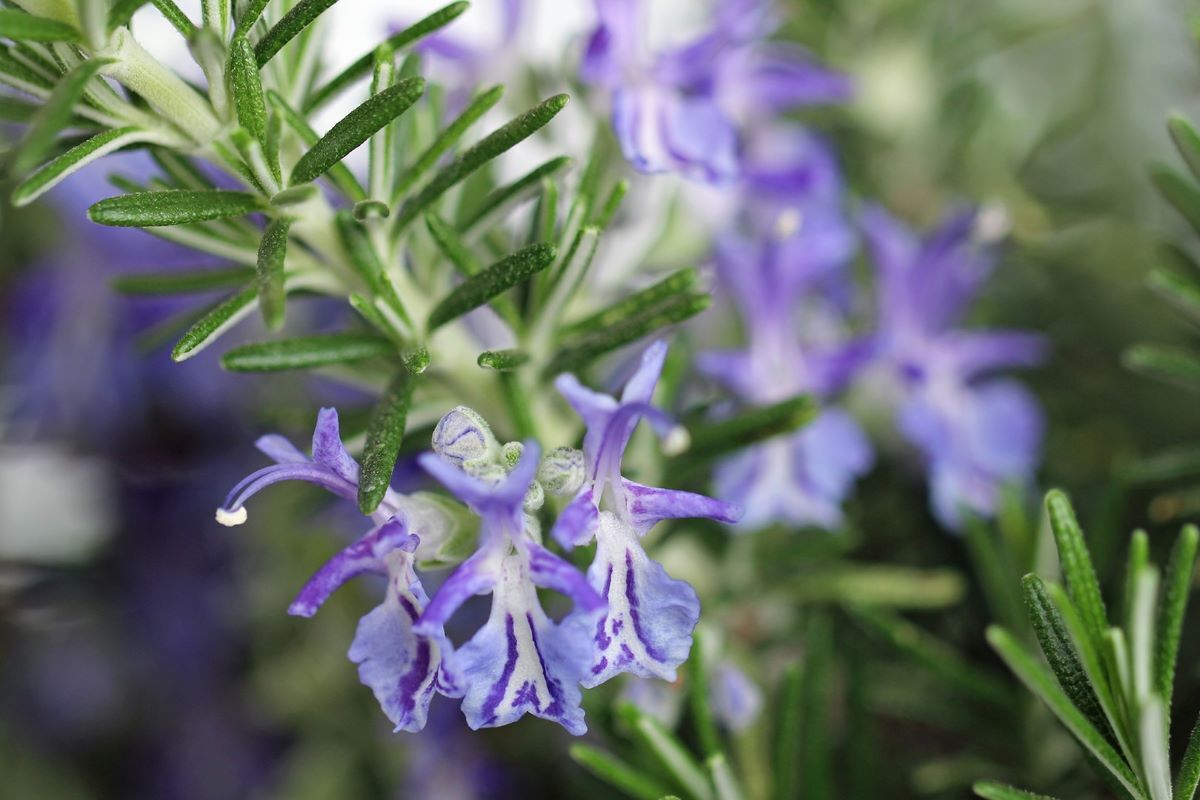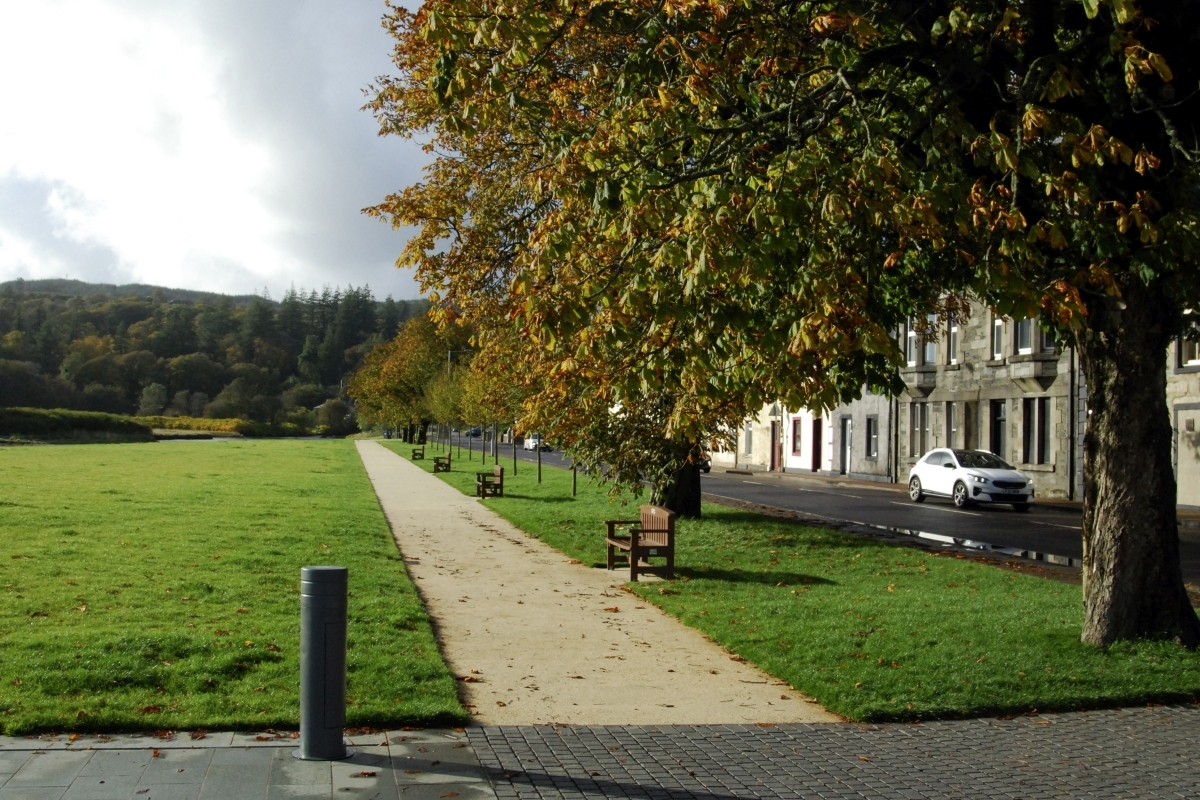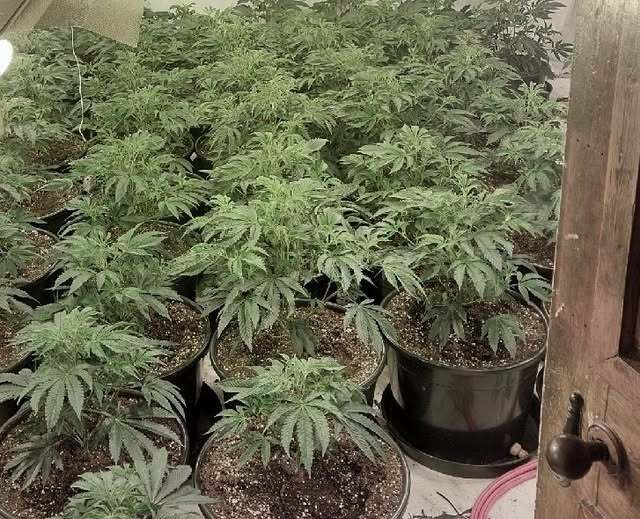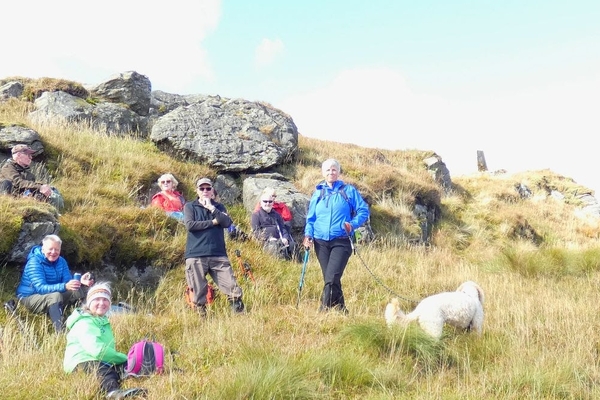Gardening column: June 2024
June borders are full of bees and other insects but if it is dry weather, don’t forget to use grey water to hydrate the garden because plants produce less nectar in dry weather.
Watering is also important to ensure plant leaves that provide food for caterpillars and other invertebrate don’t dry up.
Making sure there is enough food and shelter for all types of wildlife, even during the summer, is an essential part of gardening - no pollinators, no plants.
It is also a good time of year to keep a look out for big bumblebees and metallic green rose chafers flying around. Roses - especially single-flowered roses - attract a wide range of pollinators, including bees and butterflies – which is why dead-heading is so important.
When you dead-head, you are effectively pruning and stimulating side shoots that will produce new flower buds and extend the flowering season.
Dead-heading also stops the plant developing seed so increases the chance of repeat flowering.
The best way to dead head is to use secateurs and cut back to the first leaf below the spent flower. A new shoot will grow from this point.
In addition to roses, a well-stocked herb border or cluster of containers where some of the plants are allowed to flower is ideal.
If you have rosemary, the flowers are amongst the best for all types of bees, as are the bright blue blossoms of borage which are essentially bee magnets.
Other flowering herbs that are excellent sources of nectar and pollen are thyme, chives, catmint and lemon balm.
Apart from dead-heading roses and learning to love your flowering herbs, other top jobs for gardeners this month include:
- Position summer hanging baskets and containers outside. Choose vibrant bedding plants for a short-term show or herbs, shrubs and evergreens for a long-lasting display.
- Be water-wise, especially in drought-affected areas. Watering is key to growing plants well – this not only means providing the water our gardens need, but using it wisely.
- Pinch out side shoots on tomatoes. Removing the side shoots is simple – every time you water, check the plant for any shoots sprouting just above each leaf, from the joint between the leaf and the stem and pinch them off.
Plus, here’s what the experts have to say …
June has the longest day of the year, and the extra light and warmth encourages the garden to put on an exuberant burst of growth. But this extra light and warmth also means weeds will sprout up from seemingly nowhere. Keep on top of them by hoeing regularly in dry conditions. RHS
Early summer in the organic garden is full of colourful new growth. This makes a busy - but lovely - month in the garden. Keep on top of weeds and remember the two organic principles: good soil management and diverse planting to encourage plenty of beneficial wildlife. Garden Organic
Root out populations of weeds in hedge bottoms and shady corners before they can run to seed, otherwise you will face a much stiffer challenge in the coming years. It pays to know your enemy, so a gradual process of getting to know the various weeds and their lifecycles, habits and habitats will be rewarded by an understanding of how to control them. Country Life
Latest News
Sign up to our daily Newsletter
Permission Statement
Yes! I would like to be sent emails from West Coast Today
I understand that my personal information will not be shared with any third parties, and will only be used to provide me with useful targeted articles as indicated.
I'm also aware that I can un-subscribe at any point either from each email notification or on My Account screen.












